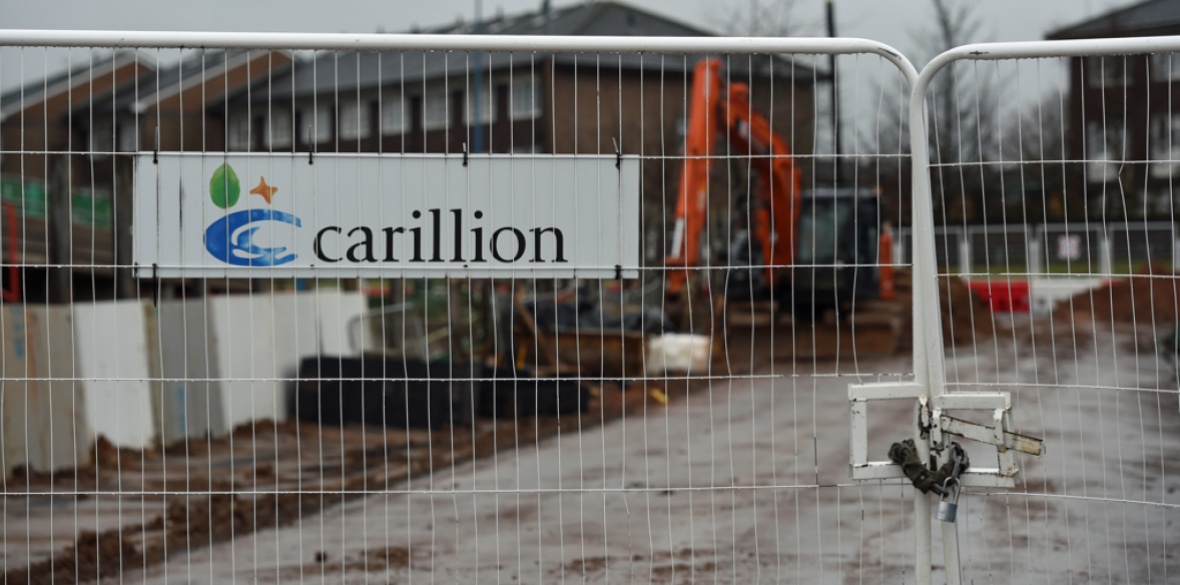This is the last article you can read this month
You can read more article this month
You can read more articles this month
Sorry your limit is up for this month
Reset on:
Please help support the Morning Star by subscribing here
THE sheer scale of the ongoing costs of private finance initiative (PFI) contracts should shock but not surprise.
The National Audit Office (NAO) calculates that, even with no more dodgy PFI deals struck, the public is on the hook for £200 billion of payouts — over £10bn this year and with payments stretching off into the 2040s.
And for what? For contracts with a capital value of £60bn!
From start (under John Major in the 1990s) to finish (whenever Jeremy Corbyn’s Labour gets the keys to No 10), PFI and all its related concoctions have been and continue to be a swindle of the most extreme proportions.
PFI is perhaps the perfect Tory policy: pay the private sector to build something, and then pay the private sector for the privilege of paying the private sector to build something.
It is the privatisation of not only the construction and servicing of what should be fully public services, but the privatisation of their funding too. And at every link in the chain — and well after you run out of chain, it seems — privateers get to pad their pockets from the public purse.
PFI was taken up with gusto under New Labour, a bid to repair basic infrastructure that the Tories had let rot for nearly 20 years — such as crumbling schools and hospitals — while keeping the books clear of any big costs (supposedly), buttering up big business bosses, and forcing “flexibility” and insecurity on public-sector workers.
Of course, you always end up paying — and PFI contracts have the public sector paying for terms of 25 to 30 years, long after it would have paid off any bonds issued to build whatever it was that needed building.
Fifteen years ago, amid Blair and Brown’s PFI boom, the European Services Strategy Unit estimated that the average extra cost of PFI contracts was 72 per cent of the original budget.
And more recently, in 2010, the NAO’s report into PFI in housing found that nearly all of the contracts surveyed had seen costs exceed the original plan — and more than half of those had seen costs double. The cost of one PFI housing project was more than three times that originally forecast.
But so what? For the neoliberals, that’s a benefit too. You pay the private sector for letting you pay the private sector, and when the eye-watering payments become too much for whichever poor NHS trust or council or whoever is burdened with them, you get to blame supposed public-sector inefficiency and sell off the whole lot (again).
Luckily, the government can rely on the fabled efficiency of the private sector — firms such as, er, Carillion.
Carillion which got fat on PFI contracts, whose bloated size — everything from construction, where it notoriously blacklisted workers, to school dinners — and the enormous consequences of its collapse could never have happened without the mass privatisation of government investment and services.
Of course, private-sector efficiency is a myth — one that has been busted time and time again, and is easily pierced when one thinks about the benefits of co-ordination and co-operation over wasteful and destructive competition.
It’s long past time we buried this shambling zombie and took our essential services back into public control, and ensure those who work for and all of us who depend on them never have to suffer the deprivations and indignities that are the market’s bread and butter.











